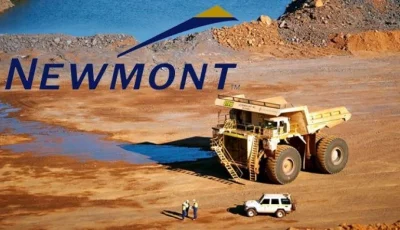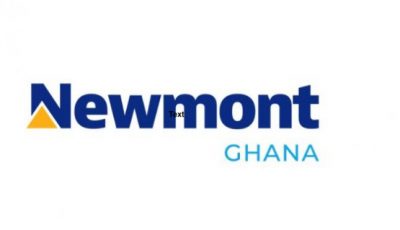Warning: Undefined array key "dirname" in /home/anapuafm/public_html/wp-content/themes/anapuafm/include/plugin/filosofo-image/filosofo-custom-image-sizes.php on line 133
Warning: Undefined array key "extension" in /home/anapuafm/public_html/wp-content/themes/anapuafm/include/plugin/filosofo-image/filosofo-custom-image-sizes.php on line 134
3 Regions’ water systems have collapsed
About 30 per cent of water systems in the Bono, Bono East and Ahafo regions have collapsed because of poor management by Community Ownership and Management (COM) strategy teams tasked to manage the systems, the Bono Regional Minister, Mr Evans Opoku-Bobbie, has stated.
He said small town piped water systems at Mim and Yeji in the Ahafo and Bono East regions respectively had completely collapsed with no water flowing through the pipes, while Wenchi and Sampa in the Bono Region and Atebubu and Kwame Danso in the Bono East Region, as well as Hwidiem and Goaso in Ahafo Region were seriously distressed.
Mr Opoku-Bobbie, who is also the caretaker minister of the Bono East and Ahafo regions, made this known in a speech read on his behalf at a stakeholders’ forum attended by officials from the three regions on sub-sector reforms organised by the Community Water Sanitation Agency (CWSA) in Sunyani.
Reforms
The reforms are aimed at recruiting qualified and knowledgeable personnel to help address challenges threatening the sustainability of water supply to communities and to protect the huge investments made in the sub-sector by government and its development partners.
It is also aimed at transforming the CWSA into a utility organisation for the provision and management of small towns piped water supply systems to provide reliable and affordable water services to rural communities and small towns on a sustainable basis.
The reforms have become necessary due to the continuous cycle of breakdown and rehabilitation of the various water systems and the wasting of resources that should have been used to provide water systems to other communities.
Also, many of the water systems cannot provide uninterrupted services to communities as a result of frequent breakdowns and poor accountability of the revenue generated by the systems.
The forum focused on “Reforming Ghana’s rural water sub-sector towards efficient management of Water, Santation and Hygiene (WASH) services to rural communities and small towns.”
CWSA
Mr Opoku-Bobbie said the introduction of CWSA in the three regions had improved and increased rural water coverage from 18 per cent in 1995 to 66.58 per cent in 2018, explaining that the huge investment into the sector was expected to be sustained through arrangements by the COMs.
“If the huge investments within the sub-sector were to be well managed and sustained, expansion and rehabilitation works would no longer be a burden on government resources,” he said.
Mr Opoku-Bobbie was of the view that the resources should rather be channeled into achieving the Sustainable Development Goal six (SDG 6), which requires that all households in Ghana should have access to safe water by 2030.
Management
A Chief Planning and Investment Analyst, Mr Mohammed Ibrahim Adokor, said the agency, under the reforms, would recruit professionals to manage the facilities of CWSA across the country.
That, according to him, would help mobilise revenue from water system management for maintenance, expansion and construction of new facilities to increase water access towards meeting SDG 6.
Mr Adorkor indicated that the current management model of the National Community Water and Sanitation Programme (NCWSP) involved non-professionals who were unable to operate and manage the water supply systems.
Water losses
The Bono Regional Director of the agency, Engineer Ahmed Ewura, said the CWSA in the region was working hard to reduce water losses and breakdown of systems through prompt responses and frequent maintenance work.
He said rehabilitation and expansion of water to some of the communities had begun, and mentioned inadequate water production and supply, financial difficulties in carrying out rehabilitation and expansion works, customers’ reluctance to pay water bills, and inadequate monitoring of the systems as some of the challenges facing the agency.
Source: Graphic




